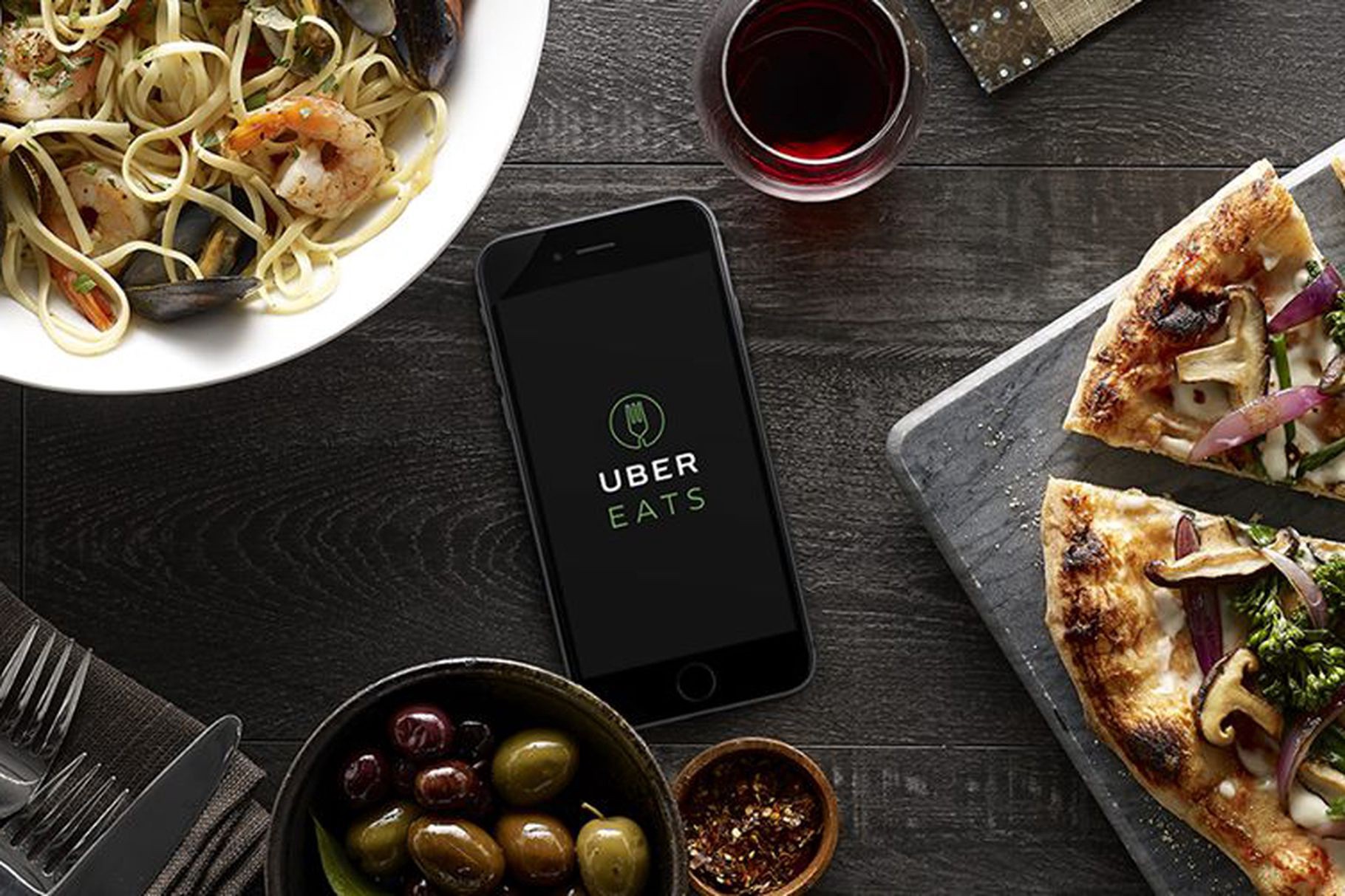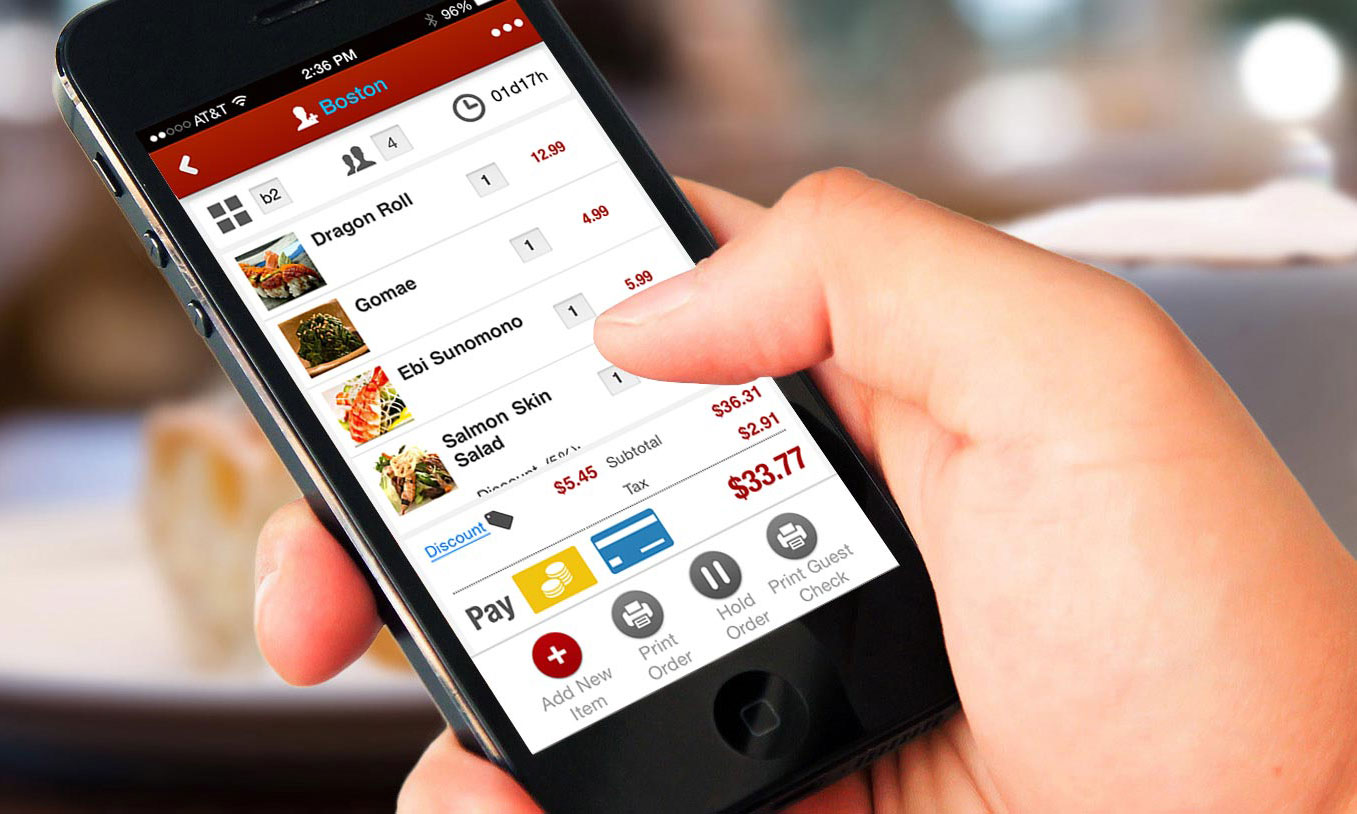How Mobile Apps Enhance The Ecommerce Customer Experience

Mobile apps can dramatically enhance the experience of customers when they go shopping online.
Mobile apps are personal and tailored to users
Mobile apps collect a great deal of data from the user. Shopping behaviours preferred payment methods, and more can be harvested and held in the app.
This is obviously good news for your personalization strategy. Mobile apps provide big data that you can use to learn more about your customers and finesse your business and marketing strategy.
But this data also delivers value for the customer too.
The data collected can be used to create a bespoke experience that is tailored to the customer. No longer do customers have to navigate to a website and login to enjoy personalised shopping experience.
In a single tap, a shopper can immediately be shown the products they want to see, the offers they might enjoy, and pay in the method that they prefer.
A mobile app is a unique shopping hub that is focused on the individual. A customer’s personal preferences are there for them as soon as they use the app, enhancing their experience as a result.
Convenience is king
Convenience used to be a nice feature that set a brand apart from its competitors. Today, it is a necessity that is built into every business’s offering. Consumers don’t appreciate convenience — they expect it.
Mobile apps provide that convenience. They provide everything a customer might need, right there in the palm of their hand. Customer service can be dialled with a single tap and orders made in seconds.
A website might provide information to prospective vendors, shareholders, journalists, and so on. But mobile apps are geared towards specific users — the customer.
Consequently, apps only provide the functions and information that the consumer needs. It’s streamlined and optimized solely for the customer, giving them everything they need in a single app.
This is especially true for brands that focus on location-based services. Businesses like Deliveroo and Uber have enjoyed huge success from mobile apps, letting customers order food or ride right to where they stand.

Uber Eats is a giant taking the big slice of the earnings | Source: Eater.
Consumers demand multi-channel e-commerce
Beyond convenience, consumers also expect a multichannel presence from brands. While the traditional online store still has its place, shoppers also expect to be able to interact with and buy from brands in a variety of places online.
Multichannel spreads itself across many channels: social media, messaging apps, online marketplaces, and so on. And mobile apps are a key part of this multichannel experience.
While a mobile app might be out of reach for solo businesses, most enterprise e-commerce platforms provide solutions for a multi-channel experience out-of-the-box.
Savvycom, for example, partners with a number of SMEs which want to develop apps to help their users incorporate mobile into their multi-channel strategy. Solutions like CRAVE Vend offer user-friendly app development that seamlessly integrates into their e-commerce presence.

CRAVE Vend is a smart POS solution for operational efficiency improvement.
As this piece explains, “the multi-channel approach gives users access to everything they want, with consistent user experience. Same app, any device.” Consumer expectations are high, and mobile apps create a seamless multi-channel experience that customers love.
Apps exceed online stores in expectations
We live in a mobile-first age. Consequently, every e-commerce business should strive to create an optimized mobile experience for their customers.
But even the most seamless online store comes second to the mobile app experience. A significant 85% of consumers prefer using a mobile app over a mobile site when shopping online, and with good reason.
For starters, apps do not lose functionality when used over a tenuous internet connection. While web browsers might redirect to a 503 error page, apps continue to work as they should. Performance is fast across multiple devices and doesn’t lag, delivering an optimized experience regardless of how where customers access the app.
Apps are interactive and engaging
Mobile apps differ from your web-based online store in that they are interactive.
Interactivity is how your customers engage with your brand. It creates a two-way relationship that your rewards the user, keeping them locked into the buyer’s journey.
Apps create more opportunities to interact with your customer. Beyond simply ordering and purchasing products, customers can browse brand content that is useful, informative, or simply entertaining.
This can even be the sole purpose of your mobile app. The luxury fashion brand Chanel’s mobile app doesn’t have any ordering function.
Instead, it lets fans try on sunglasses in augmented reality, browse behind-the-scenes content, receive updates about forthcoming shows, and find their nearest Chanel outlet. Strictly speaking, Chanel’s app is not e-commerce-focused. But it enhances the customer experience by encouraging interaction with the brand.
Mobile apps also complement the offline customer experience too. 72% of smartphone users use their devices to inform in-store purchases. Consequently, your mobile app can provide further information such as comparison guides, user reviews, and even discount codes for offline customers.
Create an interactive app that your customers can engage with beyond ordering and buying products. Provide relevant content that is useful or entertaining and cater to your customers’ needs beyond simply purchasing a product.

How mobile apps win customer experience (Source: Simicart)
Mobile apps enhance e-commerce customer experience in a variety of ways. From delivering convenience to providing a multi-channel experience, mobile apps create a memorable experience that ensures your customers will return to your brand time and again.
Connect us for various frontier technology services and IT excellence:
- Phone: +84 24 3202 9222
- Hotline: +84326752886
- Email: [email protected]
- Hungry for more? Find out here!
